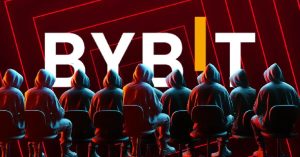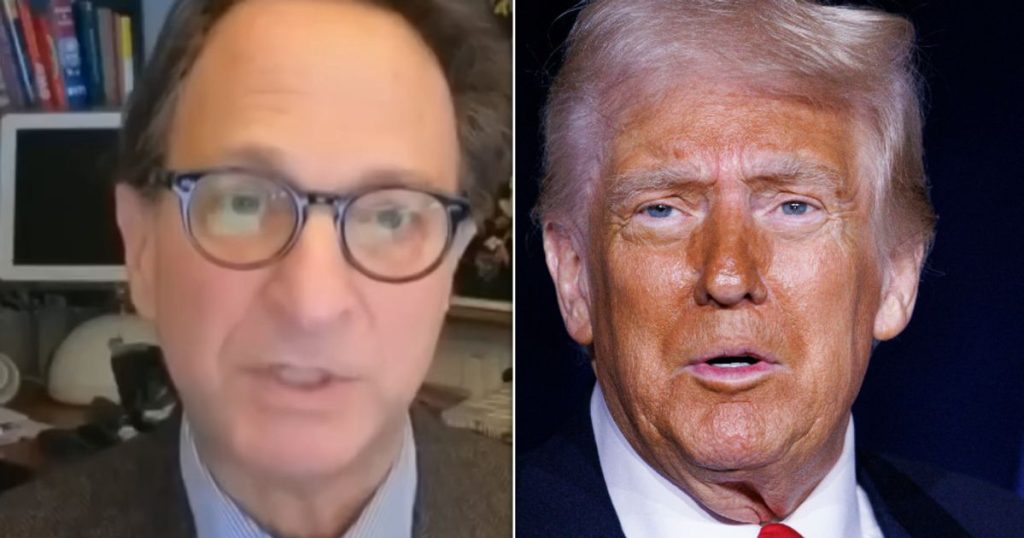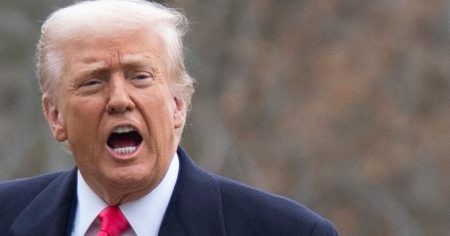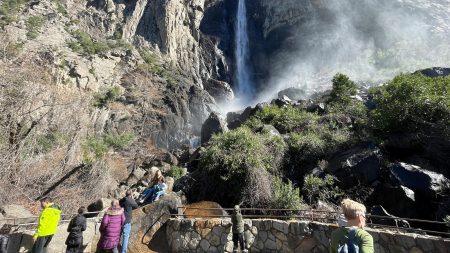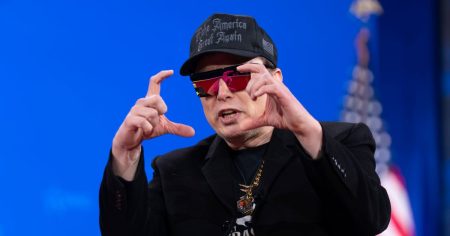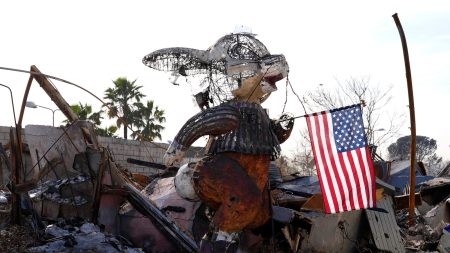The Rise of Corporate Criminality Under President Trump
In recent years, the landscape of corporate governance and federal enforcement in the United States has undergone a significant transformation, raising alarms among legal experts and former prosecutors. Andrew Weissmann, a former federal prosecutor renowned for his role in high-profile cases, has sounded the bell, warning that the current administration under President Donald Trump has created an environment where corporate criminality and foreign adversaries can thrive with impunity. Weissmann’s assertions highlight a concerning erosion of the rule of law, a principle once considered a cornerstone of American democracy.
A Dangerous Erosion of the Rule of Law
Weissmann, whose experience in white-collar crime prosecution grants him a unique perspective, argues that the Trump administration’s policies and attitudes toward corporate misconduct have essentially turned the United States into a legal jungle. “Take all these things together and then tell me what the Justice Department is going to be interested in doing,” MSNBC host Nicole Wallace prompted during an interview. Weissmann’s response was unequivocal: “I think that is exactly the right way to look at this. You have to look at this together and not individually. As a friend of mine said, who is a white-collar defense lawyer, ‘This is a great time to be a corporate criminal.’” This stark assessment underscores a belief that corporations are now more emboldened than ever to engage in illegal activities, knowing that the consequences are minimal.
The Global Implications of America’s Retreat from Enforcement
Weissmann pointed out a particularly troubling aspect of this new era: the United States, once a global leader in combating bribery and corruption, has effectively abandoned its role. “Every single country in the world prohibits bribery,” he emphasized, yet under the current administration, “the law of the jungle rules” in America. This shift has profound implications, both domestically and internationally. Corporations, Weissmann argues, are now free to bribe companies and public officials to gain a competitive edge, a practice that not only undermines fair business practices but also erodes trust in U.S. institutions.
A Justice Department in Retreat
The Justice Department, traditionally the watchdog of corporate misconduct, appears to be less inclined to pursue aggressive enforcement under President Trump. Weissmann suggested that Attorney General Pam Bondi is likely “going to look the other way,” signaling a departure from the robust enforcement seen in previous administrations. This reluctance to hold corporate criminals accountable sends a dangerous message: that illegal activities will not be met with the scrutiny they deserve. As a result, bad actors, both domestic and foreign, are now operating with a sense of impunity.
The Ultimate Consequences: An Unsafe America
Weissmann’s warnings extend beyond the realm of corporate crime to encompass broader national security concerns. By allowing corporate criminality and foreign interference to go unchecked, the Trump administration is not only undermining the rule of law but also making America less safe. When foreign adversaries can exploit the U.S. system with ease, the country’s vulnerabilities multiply, leaving it exposed to a wide array of threats. This degradation of legal and ethical standards has long-term implications, setting a precedent that could be difficult to reverse.
The Cost of Indifference: A Call to Action
The critiquing of the Trump administration’s approach to corporate crime and foreign interference is not merely an academic exercise. Weissmann’s warnings are a call to action, urging Americans to recognize the gravity of the situation and demand accountability from their leaders. If the current trajectory continues, the consequences for the nation’s legal framework, global standing, and overall safety will be severe. As Weissmann so bluntly put it, “This is supposed to be a rule-of-law country.” The question now is whether that principle will endure or become a relic of the past.

